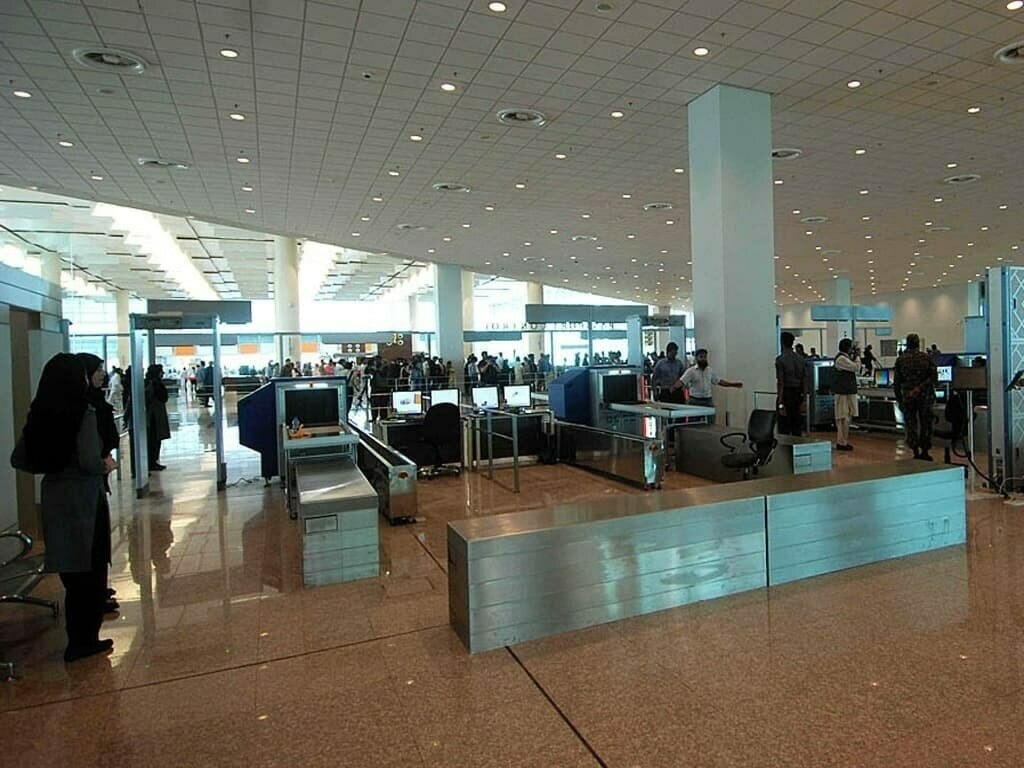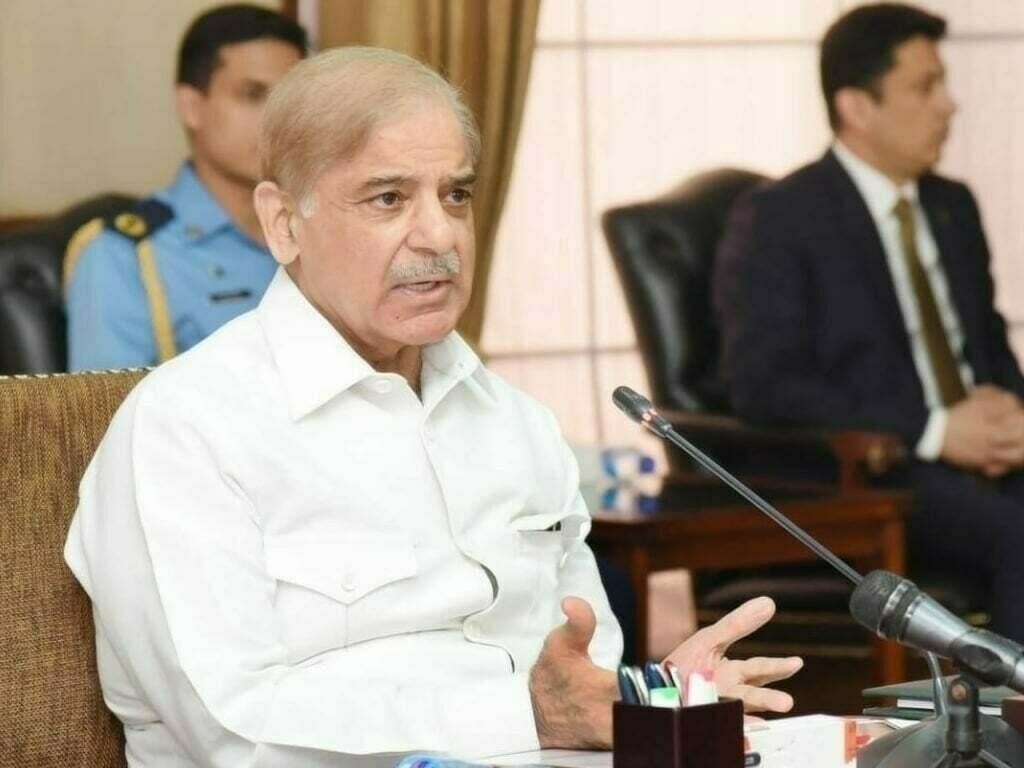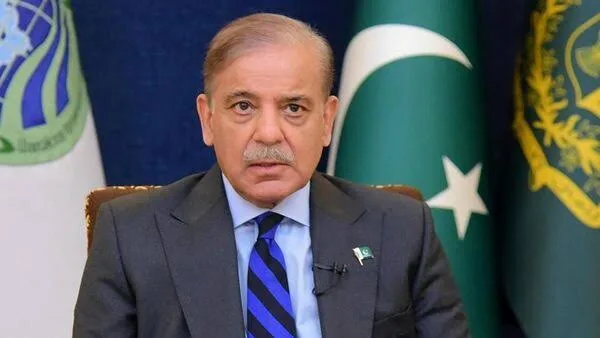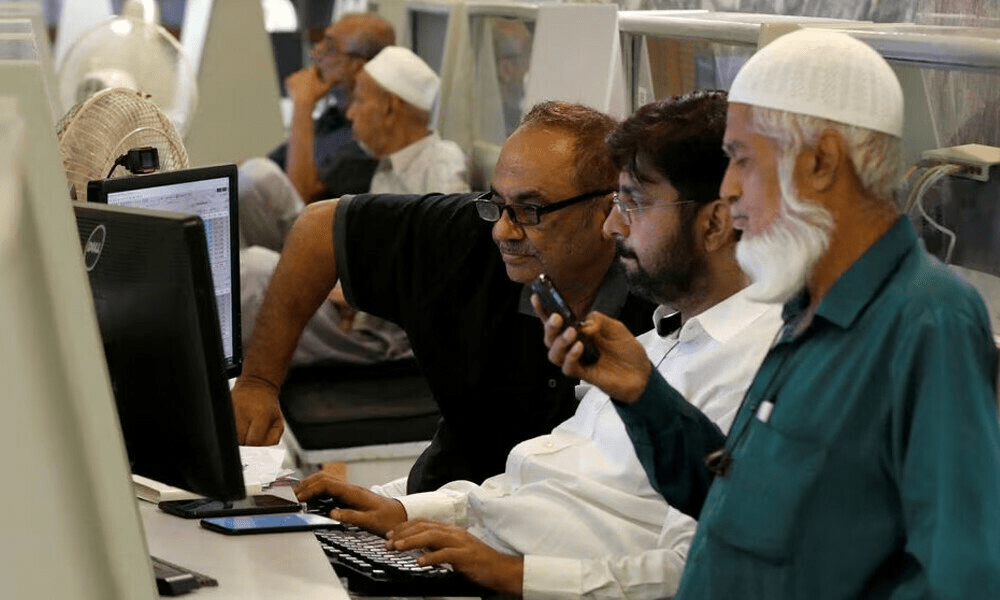In a significant move to boost business and tourism, Pakistan’s Interior Ministry has informed the Cabinet that Indian and Afghan nationals are excluded from the new visa-free entry regime. This initiative, aimed at businessmen from friendly countries, aligns with Prime Minister’s vision to liberalize the visa regime.
On July 24, 2024, the Cabinet was briefed on the new visa policies. The Ministry of Interior, in consultation with key stakeholders and the Prime Minister’s office, has developed several visa reform proposals. These reforms are part of a broader strategy to attract more businesspersons, investors, and tourists to Pakistan.
Pakistan’s visa policy, formulated under the Foreigner’s Act, 1946, has been periodically updated to reflect changing socioeconomic conditions. The Prime Minister has emphasized the need to further liberalize the visa regime to make it more business and tourist-friendly.
Among the key initiatives is the signing of visa-free entry agreements with Nepal and Maldives. Additionally, the ‘Visa on Arrival’ facility is now available for 108 Business Visa List (BVL) countries and 64 tourist list countries. There is also a Tabligh Visa on Arrival category for both BVL and tourist list countries. However, the Ministry of Interior noted that the timely issuance of visas under the existing regime has not been fully realized.
The Ministry held extensive consultations with all relevant stakeholders, including the Ministry of Foreign Affairs (MoFA), Inter-Services Intelligence (ISI), Military Operations Directorate (MOD), Federal Investigation Agency (FIA), National Database and Registration Authority (NADRA), Immigration and Passports (IMPASS), and various business chambers. These meetings, conducted on May 22 and May 24, 2024, emphasized the need for a more accessible and less cumbersome visa regime. Stakeholders highlighted that restrictive visa policies hinder business operations, investment opportunities, tourism, and international cooperation.
Following these consultations, a detailed presentation was made to the Prime Minister on July 18, 2024. The Ministry of Interior then proposed the following to the Federal Cabinet for approval:
To attract businessmen and tourists from GCC countries, visa-free entry may be allowed. Arrangements with travel agencies and airlines will ensure advance information on travel documents for security purposes. This policy could be extended to Turkiye and China subsequently. The Ministry of Foreign Affairs proposed adding 19 countries to the existing BVL, expanding it to 126 countries. Businessmen will need to fill out an Electronic Travel Authorisation Form 24 hours before travel, with visas issued electronically.All countries in the expanded BVL, except Afghanistan, will be included in the tourist list, allowing tourists from 126 countries similar entry privileges.A new sub-category for Sikh pilgrims with third-country passports will be created, facilitating their entry.
No fees will be charged at any stage for visa issuance for applicants from the 126 countries. All previous visa fees will be abolished.Efficient and friendly immigration counters will be established at airports for all, especially diplomats and First/Business Class passengers.A POVS/monitoring dashboard will be established at the Ministry of Interior to monitor any irregularities or delays in the process.
The electronic initiatives aim to minimize human interaction and provide ease of travel for tourists and businesspersons. The Ministry of Interior cited examples from other countries with liberal visa regimes, where tourism significantly contributes to the economy. Measures to simplify visa processing for entry into Pakistan include reducing the fields required in the Electronic Travel Authorisation Form from 161 to 30. The new Electronic Visa is expected to take about 30 minutes to process, with a maximum of 24 hours in complex cases.
The visa fee abolition is designed to facilitate investment and tourism, potentially bringing valuable foreign exchange to Pakistan. The Aviation Division has been engaged to procure E-Gates for installation at nine immigration checkpoints, replacing human immigration counters. The first phase will see these E-Gates installed at Islamabad, Karachi, and Lahore international airports.
During the Cabinet meeting, it was clarified that nationals from India and Afghanistan would not be included in the eased visa regime due to security concerns. However, the Ministry emphasized that religious tourism, particularly for Sikhs and Buddhists, would be facilitated.
The Ministry also assured that appropriate safety measures are being taken, with all data connected to NADRA. Special instructions will be issued to FIA and FBR to ensure a welcoming image of Pakistan at international airports. Service providers at airports will be monitored through dashboards.
The Cabinet recommended regular monitoring of the new visa regime. The Ministry of Interior will submit periodic compliance reports, providing information on visa issuance, rejection rates, pending applications, and the number of visits. The Cabinet also directed the Ministry of Foreign Affairs to negotiate with counterparts in Saudi Arabia and China to remove travel restrictions for their nationals visiting Pakistan.
Corruption in visa processing will not be tolerated, and the Ministry of Interior will ensure strict oversight. The new visa regime is expected to foster economic development, cultural exchanges, and global integration, positioning Pakistan as a more attractive destination for business and tourism.




